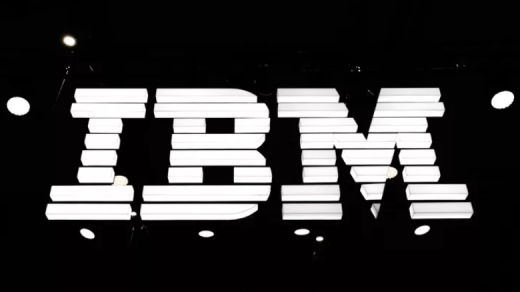Evidence is mounting that American households are adjusting their spending habits due to the Trump tariffs impact on everyday goods. February data from the Bureau of Economic Analysis reveals that consumers have started prioritizing purchasing goods over services, likely in anticipation of higher costs from impending tariffs.
A recent University of Michigan survey also highlights rising concerns about inflation and employment. Expectations for price increases have reached their highest levels since 2022, while worries about job security are at their peak since the Great Recession. These warning signs suggest that many households are preparing to tighten their budgets, which could have broader economic consequences.

Trump Tariffs Impact: Households Cutting Back on Spending
A survey conducted by Morning Consult shows that households across income levels are bracing for financial strain. Those earning under $50,000 annually reported plans to reduce grocery spending, with 35% saying they would cut back. Even among higher earners making over $100,000, nearly 19% expressed similar concerns. Across all demographics, over 20% of respondents plan to limit dining out and clothing purchases.
Deni Koenhemsi, head of economic analysis at Morning Consult, notes that consumers are more financially vulnerable than in past economic disruptions. Unlike previous shocks, such as the pandemic or prior tariff policies, this new wave of tariffs may lead to prolonged spending reductions.
Beyond direct price hikes from tariffs, reduced competition from imports may allow domestic companies to raise their prices further, worsening the cost-of-living crisis.
Trump Tariffs Impact: Economic Growth and Job Market at Risk
Simultaneously, concerns about employment are growing. While the unemployment rate remains low, hiring has slowed, and experts warn that a tariff-induced economic slump could further weaken job growth.
Most economists still expect labor market stability in the short term, but consumers remain skeptical. A staggering two-thirds of respondents in the Michigan survey foresee unemployment rising over the next year, the highest level of pessimism since 2009.
Consumer spending has been the backbone of the U.S. economy, even as inflation and high interest rates posed challenges in recent years. However, with tariffs adding more pressure to household budgets, economic resilience is in question. The Federal Reserve Bank of Atlanta projects a 2.8% contraction in GDP for the first quarter of 2025, signaling that the U.S. economy may be heading toward a downturn.
Tim Quinlan and Shannon Grein, economists at Wells Fargo Securities, summarize the situation: “So far, consumers are not stepping in to rescue economic growth as they have in previous years.” If spending continues to slow, the ripple effects could be severe, making it harder for the economy to maintain its momentum.
Source:www.investopedia.com



